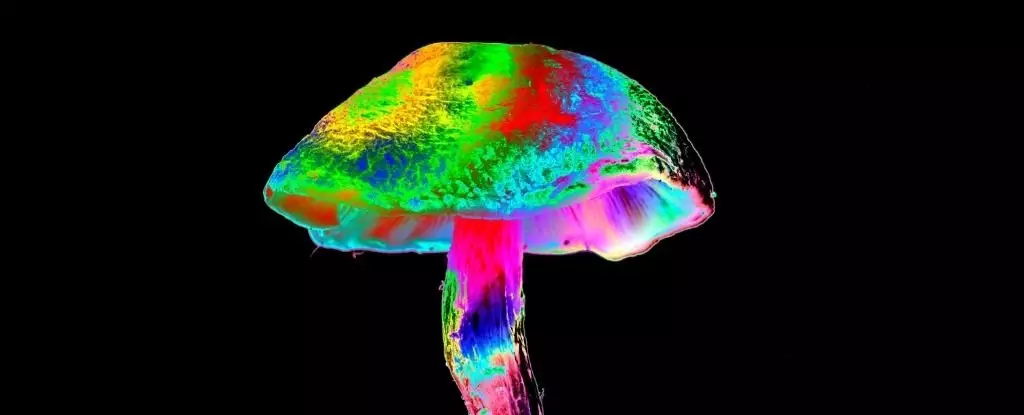The interest in psychedelics is growing both in scientific circles and among the public. These are powerful substances capable of altering perception, mood, and various mental processes. They also show promise for treating a wide range of mental health disorders. However, for their use to be safe and effective, it’s important to understand how they interact with different mental health conditions, particularly personality disorders.
A recent study conducted by researchers at Imperial College London investigated the relationship between psychedelics and mental health, specifically focusing on the potential risks for individuals with personality disorders. The study collected self-reported data from 807 people who used psychedelics in various settings, measuring their mental wellbeing before and after using these substances. The study found that while only 16% of all participants reported an overall negative response to psychedelics, a significant portion of these negative experiences (31%) were reported by individuals with a history of personality disorders.
Despite the valuable insights gained from the study, it is important to acknowledge its limitations. These include the reliance on self-reported data, a small number of participants, a high dropout rate, and the absence of a control group for comparison. Additionally, variations in the types and dosages of psychedelics used and the method of participant selection could have skewed the results.
Specific Risks for Different Personality Disorders
Different personality disorders may respond differently to psychedelics. For example, individuals with histrionic personality disorder or borderline personality disorder may feel worse or more unstable when using psychedelics. Those with schizotypal personality disorder could become more paranoid, while individuals with narcissistic personality disorder may struggle with the self-reflective nature of psychedelics. It is essential to recognize these specific risks and tailor psychedelic therapy accordingly.
Implications for Psychedelic Therapy
The study underscores the potential benefits of psychedelics for mental health while highlighting the need for careful screening for personality disorders. Using psychedelics safely and effectively requires a personalized approach, especially for vulnerable individuals. As we continue to explore the realm of psychedelic therapy, it is crucial to conduct more rigorous research, such as controlled trials, to compare psychedelics to standard treatments or placebos. Professional evaluation of personality disorders and uniform psychedelic doses are also critical for assessing the therapeutic effects accurately.
The complex relationship between psychedelics and personality disorders necessitates a nuanced understanding and a cautious approach to their use in therapy. While the potential benefits of psychedelics for mental health are significant, the risks involved, especially for individuals with personality disorders, cannot be overlooked. By addressing the limitations of existing research and implementing more rigorous methodologies, we can enhance the safety and effectiveness of psychedelic therapy for all individuals.

Leave a Reply